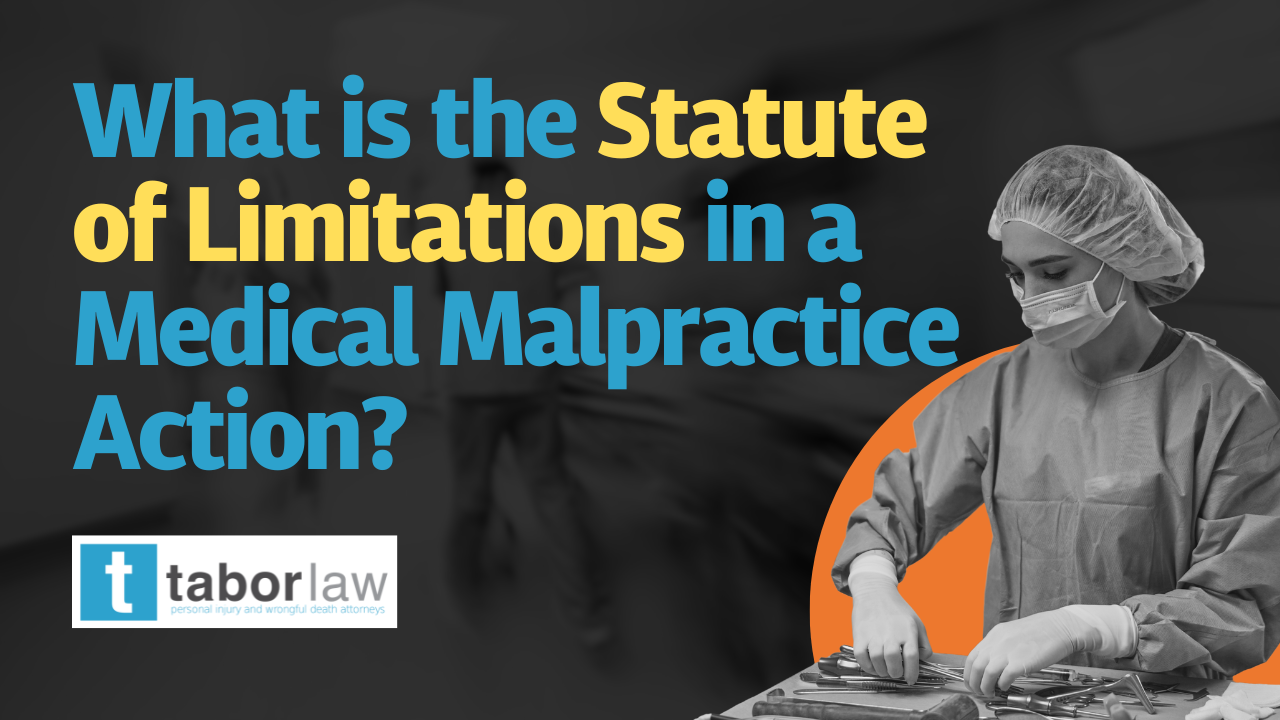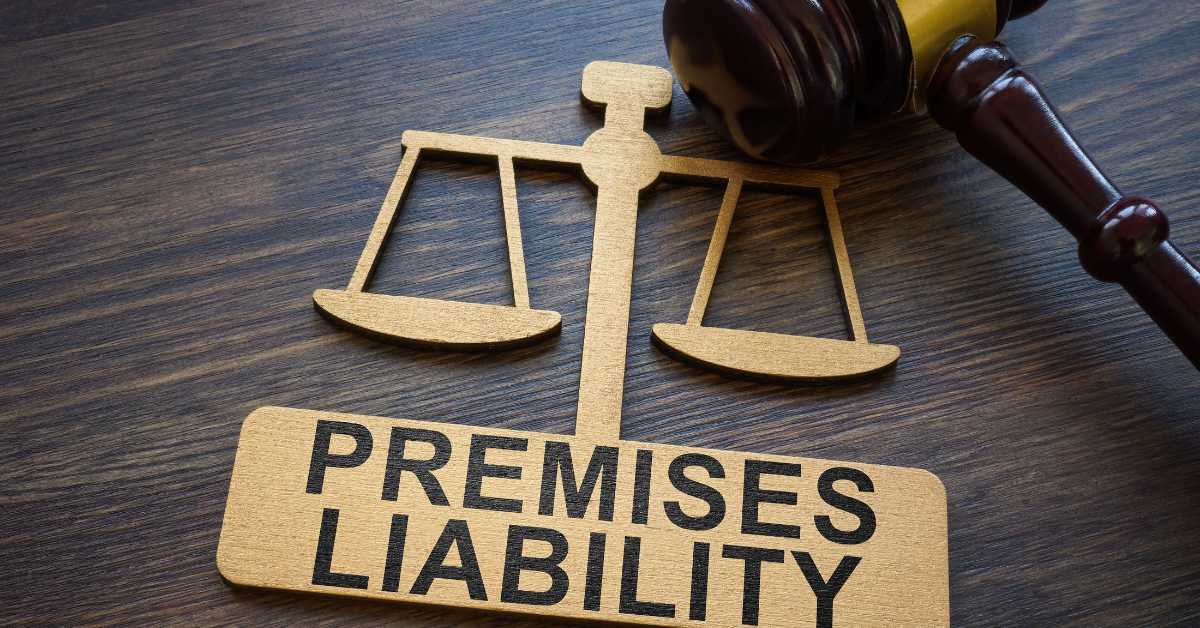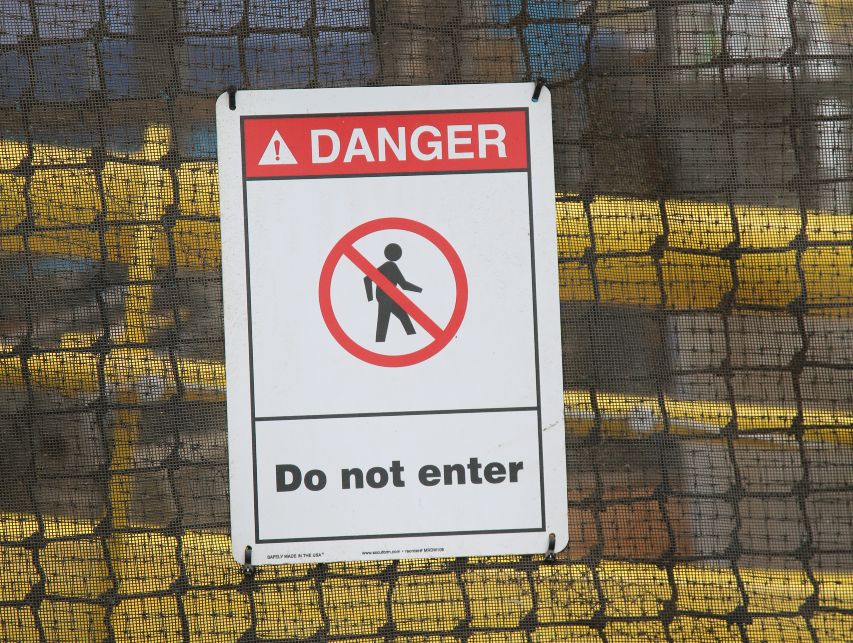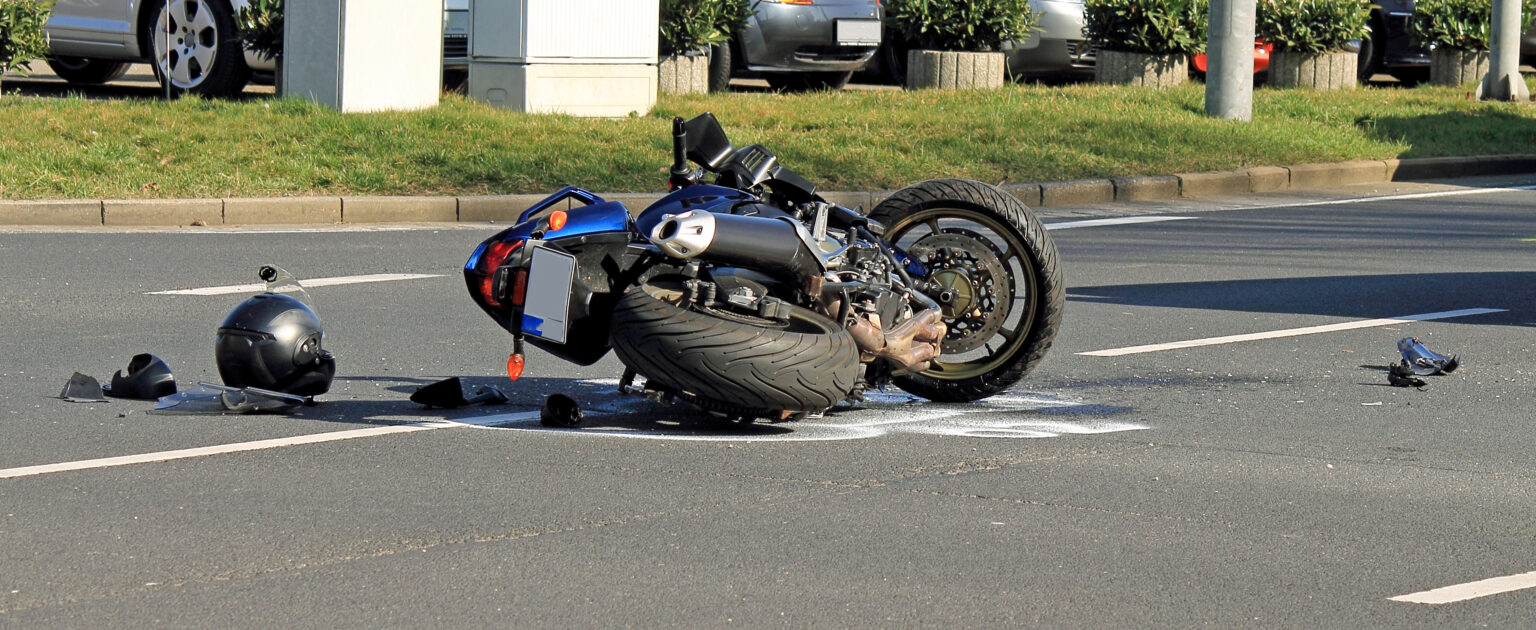
What Is Medical Malpractice?
Medical malpractice occurs when a patient is harmed, injured, or dies because of the negligence or recklessness of a health care provider, such as a doctor, nurse, or a hospital. The key to understanding medical malpractice is that the health care provider’s negligence is what directly caused the patient’s injury. For example, if a doctor misread lab results and prescribed the wrong medication, resulting in the death of a patient, they may be held liable in a medical malpractice case. When this happens, the patient may be able to bring a medical malpractice suit against their health care provider.
Examples of medical malpractice cases include:
- Misdiagnosis, including not recognizing symptoms
- Failure to diagnose
- Surgical errors, including wrong-site surgery
- Improper care, including aftercare
- Failure to take or consult a patient’s medical history
- Not ordering appropriate testing
- Prescribing the wrong medication or wrong dosages
You may also have a medical malpractice case if your health care provider did not warn you of potential risks associated with your treatment.
How Do You Know If You Have a Medical Malpractice Case
Determining if you have a medical malpractice case can be difficult as these cases typically involve patients who are already struggling with a health condition or illness. It is important to remember that simply being dissatisfied with your care does not necessarily mean you have grounds for a medical malpractice case.
Questions to ask to help determine if you have a medical malpractice case:
- Did a genuine physician-patient relationship exist between yourself and your health care provider?
- Was your doctor negligent in some way? For example, did they misdiagnose you or prescribe you the wrong medication?
- Did the negligence of the doctor, hospital, or other health care provider directly lead to harm, injury, or death?
- Can you identify the specific damages that the health care provider’s negligence caused, such as physical injury, pain, disability, increased medical bills, or lost wages?
The best way to determine if you have a medical malpractice case is to speak with an attorney.
What Is Wrongful Death?
While medical malpractice deals specifically with health care provider negligence, wrongful death covers a broader range of circumstances. Though some medical malpractice cases may involve a wrongful death suit, not all wrongful death cases are medical malpractice.
Indiana law defines wrongful death as when “the death of one is caused by the wrongful act or omission of another.” Another important distinction is that a wrongful death case is handled in civil court, whereas manslaughter or murder is dealt with in criminal court.
If a wrongful death has occurred, the person responsible for the death can and should be held liable. To do this, the deceased individual’s personal representative will have to file a wrongful claim in civil court. In Indiana, the personal representative of the deceased’s estate (such as their executor) is the only person who can bring a wrongful death suit. According to IC 34-23-1-1, the decedent’s personal representative has two years to bring a wrongful death claim.
Examples of wrongful death cases include:
- Aviation accidents
- Car accidents, including drunk driving accidents
- Motorcycle accidents
- Train accidents
- Truck accidents
- Medical malpractice
- Workplace accidents
Determining If You Have a Wrongful Death Case
Losing a loved one to an accident is shocking and devastating. However, not every situation will qualify as a wrongful death case. To bring a wrongful death claim, it must be proven that another party’s recklessness, negligence, or criminal act contributed to the death of your loved one. To do so requires a thorough investigation of the circumstances of the case.
Someone bringing a wrongful death claim may seek damages for:
- Medical and hospital expenses
- Funeral and burial expenses
- Lost earnings
- Other damages identified in the claim
What To Do If You Believe You Have a Medical Malpractice or Wrongful Death Case
When dealing with cases involving medical malpractice or wrongful death, it is a good idea to seek guidance from a knowledgeable Indiana wrongful death attorney. Because these cases tend to be very complicated, you will work with your lawyer to develop your case strategy. Furthermore, your attorney can provide you with the guidance you need to feel supported during this very difficult time.
It is also important to remember that wrongful death and medical malpractice cases may involve bringing a suit against a large entity or corporation, such as a hospital, trucking company, or even an airline. When this happens, these corporations will do whatever they can to avoid accepting responsibility. For this reason, it is paramount that you hire a skilled lawyer to represent and advise you throughout the process.
If you believe you have a medical malpractice or wrongful death case, reach out to Tabor Law Firm, LLC. Our experienced attorneys have helped many clients deal with these difficult cases, and we are prepared to help you as well.

































































































